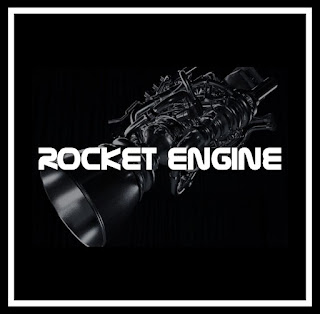Why use cryogenic fuel?
Why use Cryogenic Fuel?
First things first. What is cryogenic? Maybe you have heard this term before but for the majority, its unknown.
 |
| Cryogenic Fuel Production |
What is Cryogenic?
Cryogenic is related to deep freezing. Whenever you preserve something at super-super chilled temperatures, it is called cryogenic temperatures. For example, when you have oxygen at -183 deg C, it is said to be at cryogenic temperature (super-chilled temperature). And therefore, rocket propellants, stored at such low temperatures are known as cryogenic propellants / cryogenic fuel.
Cryogenic Rocket Stage:
 |
| Cryogenic rocket engine |
Oxygen liquifies at -183 deg C and Hydrogen at -253 deg C. The propellants, at these low temperatures are to be pumped using turbo pumps running at some insane speed. It also entails complex ground support systems like propellant storage and filling systems, cryo engine and stage test facilities, transportation and handling of cryo fluids and related safety aspects.
Let me list down some benefits of using cryogenic propellants:
- They have a higher mass flow rate than fossil fuel. In simple words, you can store more fuel in the same size of tank as compared to other fuels. Meaning, if you can store 1000 litres of kerosene, you would be able to store ~1300-1500 litres of fuel in the same size of tank.
If you want to dive deep into mass flow rate, you can go for this equation to calculate mass flow. Though it may appear different from what I said above. - They are environmentally cleaner than gasoline based fossil fuels.
- Along with their eco-friendly nature, they can potentially reduce the transportation cost of inland products as it is natural and in abundance compared to that of fossil fuels.
- They are non-pollutants and therefore, if spilled, there's no risk to the environment. Though, you might not want to be near a fuel spill. Only be there to die.

There are tones of different parameters to list but we are good to go with these many or I'm pretty sure your brain will explode. This series was always supposed to be this technical! I tried breaking stuff into simpler pieces. Utilize the comments section to ask doubts. With that, I am taking a leave! Hey, it's Hardik, signing off.
Check out the first one in the Lift-Off series: Complexities of a Rocket Launch
Humourous one, you would love it!! : Space Suits
The most loved blog: Rocket Engine: Part 1
Make sure you follow my Instagram page for regular updates: Direct Link
 |
| Go through the "Hey Its Hardik Family" |





Comments
Post a Comment